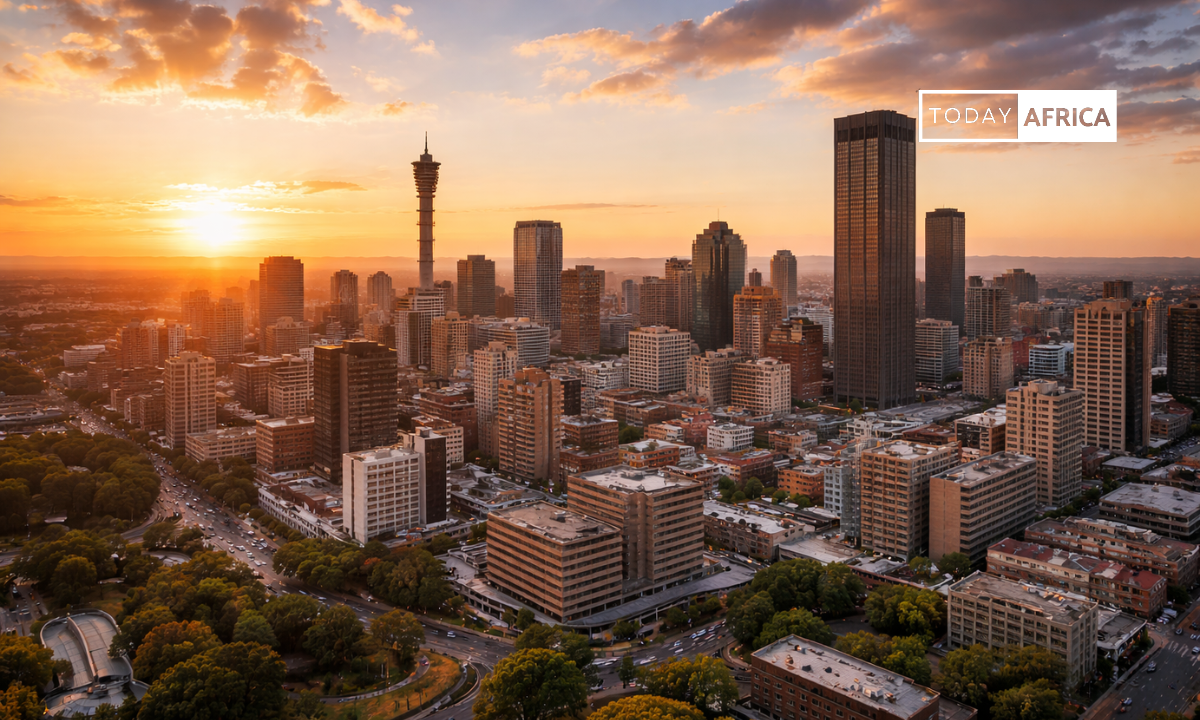Mali temporarily lifts Starlink ban for 6 months to develop new regulatory framework, marking a significant shift in the country’s approach to Internet access.
The decision allows citizens to reconnect to Elon Musk’s satellite-based service for six months, while authorities establish a new regulatory framework.
The West African nation, currently governed by a military junta, had imposed the ban in March 2024, citing concerns that Starlink kits were being used by armed groups, particularly in northern and eastern regions plagued by separatist and jihadist violence.
The ban followed reports of unauthorised usage by non-state actors, prompting fears that the technology could enhance communications for hostile factions affiliated with Al-Qaeda and ISIS.
Read Also: Belkin recalls Power Bank and Wireless Charger in South Africa
Despite this, Starlink’s advanced satellite technology has been instrumental in providing Internet to remote areas across the globe, including parts of Mali. In a country facing political, security, and economic instability, reintroducing the service brings opportunities and challenges.
Statement from Malian government
According to a statement from the Malian government following a cabinet meeting, the six-month window would allow regulators, Internet service providers, and licensed operators to work together to ensure the technology’s safe application under national laws.
Authorities remain concerned, however, that previously sold kits are still operational and potentially in the wrong hands. During the initial ban, the government vowed to dismantle Starlink terminals, citing national security risks.
This week’s development marks a more measured approach, although the government continues to emphasise the importance of controlling Starlink access within the legal framework.
Mali has been battling insurgency and extremism since 2012, with ongoing efforts to curb violence from groups aligned with Islamist militants.
Given this volatile backdrop, the government’s initial resistance to Starlink was rooted in the need to restrict Internet access in conflict zones.
However, many argue that in the digital age, cutting off Internet access could stifle economic growth and education, particularly in rural areas.
Some see the temporary reinstatement of Starlink services as a move to balance these opposing needs, ensuring connectivity while preventing the Internet from becoming a tool for insurgents.
This development in Mali comes as other African nations also weigh the introduction of Starlink.
In South Africa, discussions between Elon Musk and President Cyril Ramaphosa have highlighted a potential future launch, although regulatory hurdles.
Leave a comment and follow us on social media for more tips:
- Facebook: Today Africa
- Instagram: Today Africa
- Twitter: Today Africa
- LinkedIn: Today Africa
- YouTube: Today Africa Studio
















